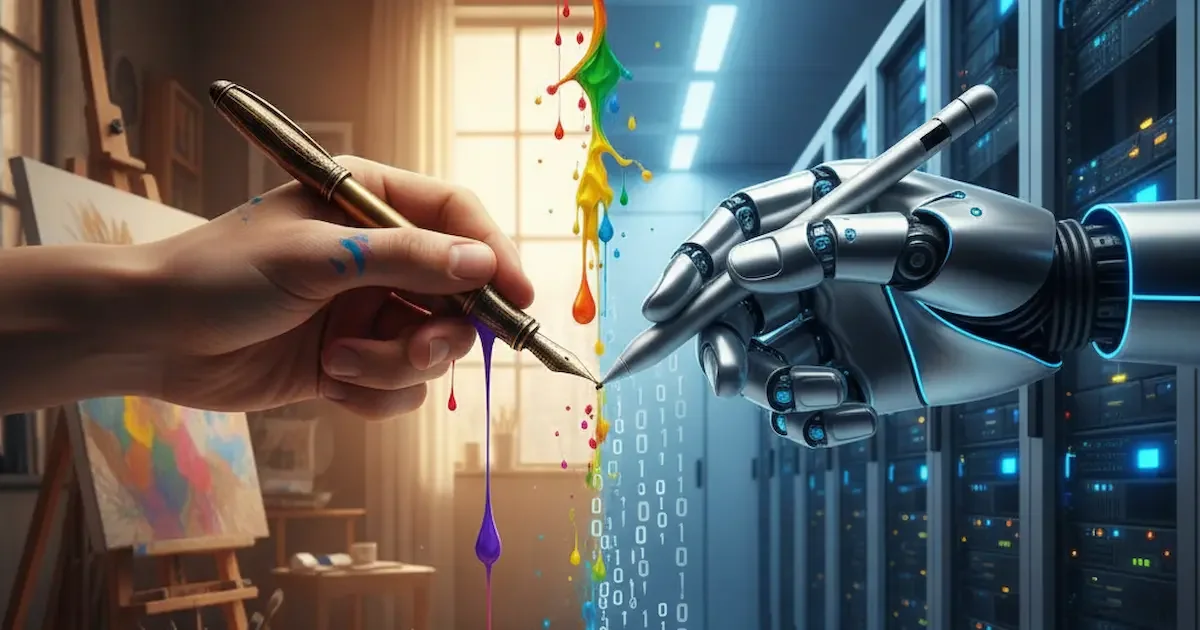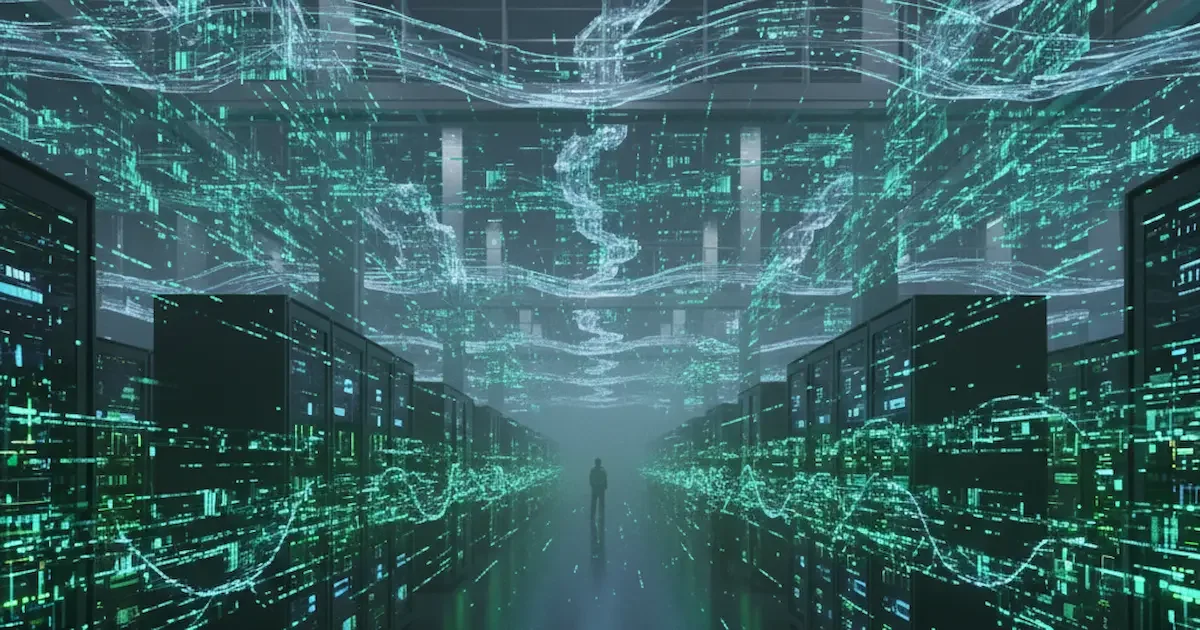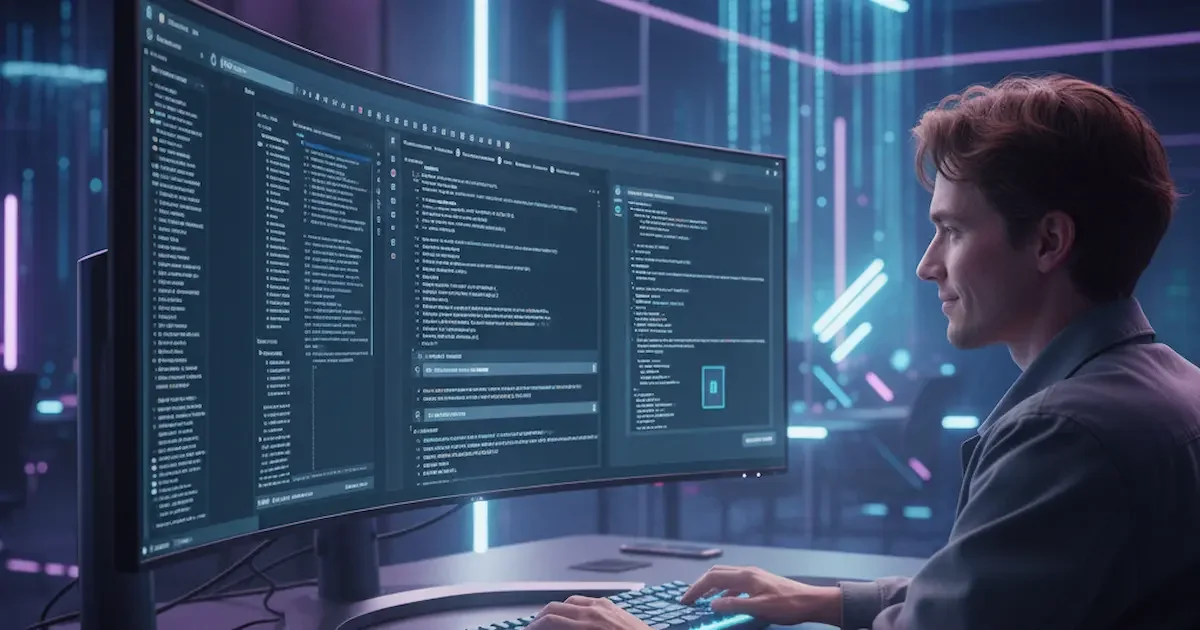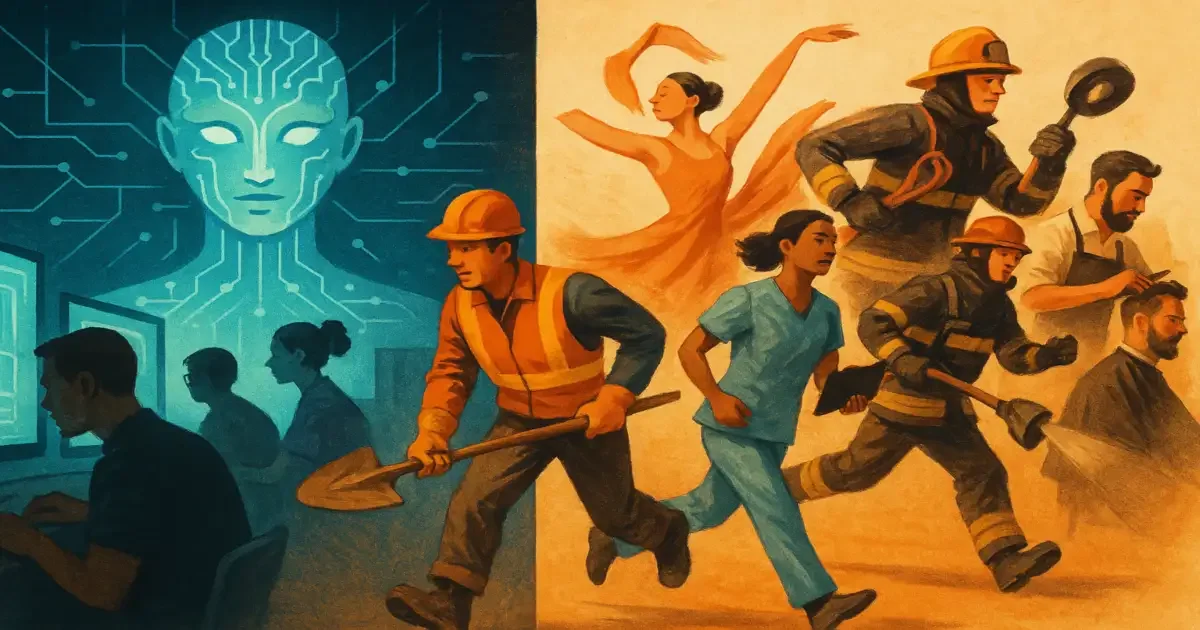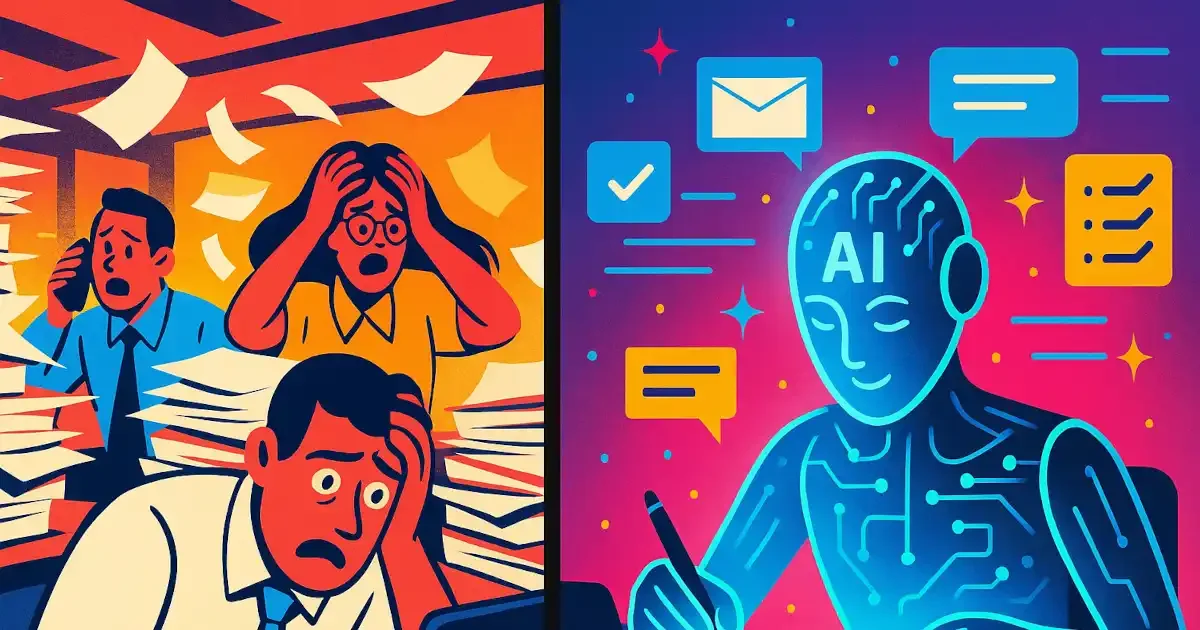The Great Creative Average-Out
Let's cut the crap. AI, in its current form, is not a muse. It's a glorified parrot with a PhD in statistics. Tools like ChatGPT are designed to give you the most statistically likely answer. They've scraped the entire internet—all the good, the bad, and the painfully mediocre—and they spit out a polished, perfectly average version of what they've learned.
Think of it like this: You ask an AI to write a tagline for your new coffee shop. It’s going to give you something clean, competent, and utterly forgettable, like "Brewing Happiness, One Cup at a Time." Why? Because it has seen thousands of coffee shop taglines, and that's the safe, statistical middle ground. It's not going to give you something weird, edgy, or truly unique, because those are statistical outliers.
This is the great creative "average-out." We're feeding our unique problems into a machine that gives us the most common solution. And that's a problem.
Your Brain on ChatGPT is... Weaker?
This isn't just some philosophical rant. There's actual science to back it up. A study from the MIT Media Lab put people in an MRI machine and watched their brains while they wrote with and without ChatGPT's help.
The results were a bit scary. When people used ChatGPT, their brains showed weaker neural engagement. They were, quite literally, thinking less. The AI was doing the heavy lifting of connecting ideas, and the human brain was just coasting along. The study also found that over time, the writing became more formulaic and less personal. The participants started adopting the AI's bland, generic voice as their own.
We are what we repeatedly do. If we repeatedly offload the task of creative thinking to a machine, our creative muscles will atrophy. It's the cognitive equivalent of using a calculator to do basic math your whole life and then being surprised when you can't figure out the tip at a restaurant.
So, Are We Doomed to a Future of Boring, AI-Generated Sludge?
Not necessarily. The problem isn't the tool; it's how we use it. A hammer can be used to build a house or smash a window. AI is no different.
If you use AI as a crutch—a magic button to bypass the hard work of thinking—then yes, your creativity is going to take a nosedive. You'll become a glorified editor of mediocre, machine-generated content.
But what if you used it as a sparring partner?
- Use it to break writer's block: Ask it for ten terrible ideas to get your own brain moving in the right direction.
- Use it for research: Let it gather the raw materials, but you be the one who crafts them into something new.
- Use it to challenge your own thinking: Argue with it. Force it to give you unconventional answers.
Creativity isn't about finding the easy answer. It's about the struggle—the messy, frustrating, and ultimately rewarding process of connecting disparate ideas in a new way. AI can either be a shortcut that robs us of that process or a tool that helps us navigate it.
The choice, for now, is still ours. But if we're not careful, we might just optimize ourselves into a future where every idea is perfectly competent and utterly uninspired. And that's a future that's not just boring; it's a little less human.
